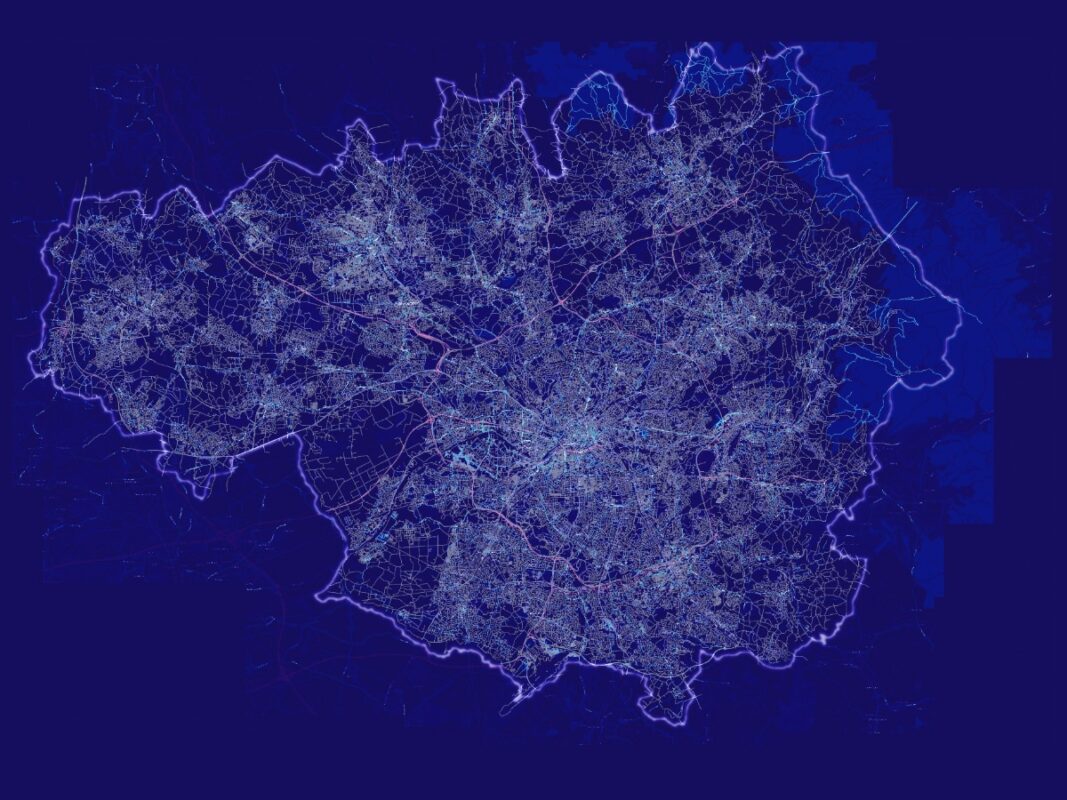In the past month, we’ve been asking people working in Greater Manchester (GM) what they have, want and need in terms of open data, in order to make it more useful for their organisation and the wider economy.
Through a survey and a series of six sector-based workshops, this consultation was designed to help GMCA (Greater Manchester Combined Authority) fulfil its ambitions for local open data, as set out in the city region’s 2019 Local Industrial Strategy.
In The Future of Open Data in Greater Manchester report, we can now share a broad understanding of the state of open data in GM, along with a series of recommendations for GMCA to inform its next steps.
These findings will be discussed in the first of our new series of monthly Open Data Nights, each planned for the last Tuesday of every month starting in January 2021.
Open Data Nights: The Future of Open Data in Greater Manchester
Tuesday January 26, 6.30pm – 8.00pm (GMT).
Findings
What came across clearly from participants across academia, business, and the voluntary, community and social enterprise (VCSE) sector was the range of organisational risks currently being felt by those dealing in open data. One person said:
“You take a problem that seems like it should be a quick win. And suddenly, it turns into, like, ‘let’s spend two weeks trying to convert postcodes or whatever else’… we make assumptions that the data quality, and the data sets, are going to be good and well documented. And then when they aren’t, it’s kind of defeating. And then we reach a point where it’s like, ‘let’s not even tell our boss about this project’, because we can’t guarantee anything.”
Another added:
“So we always caveat it all in the fact that it’s based on open data, and the risk associated with that, and refer them back to the originator of the data early… We have to make clients aware of the fact that that data, at any time, could disappear.”
Common challenges
What was highlighted is a need for better quality data, which is consistent and well-maintained to common data standards, and that is supported by good-quality metadata across the 10 boroughs of GM. While there were specific challenges found within each sector, common challenges were raised around:
- Technical formats
- Quality of data
- Consistency of data
- Continuity of supply
- Usage risk
Shared solutions
Recommendations have been collated using the contributions of participants, some of which are foundational, and some more specific. These should help guide the deliverables, and actions, for GM, so that more, better data can be opened for public use. The foundational recommendations are:
- Open-data infrastructure should be treated as essential infrastructure
- Develop an open-data strategy that is joined up with GM’s other strategies
- Design a central repository with good user experience as the first place for GM’s open data and ensure it is well maintained
- When publishing open data, create clear documentation and ensure that supporting materials and metadata is included, and kept up to date
- Maintain an up-to-date data catalogue
- Ensure that open licences relevant to the data are explicit
- Create persistent links for datasets to minimise broken data links
Further, more general opportunities have been identified, in relation to:
- Promoting open data use
- Selection of datasets
We also recommend a process of continuous engagement with the data-reuse community to ensure a successful open data programme in Greater Manchester.
Read the full report here.

